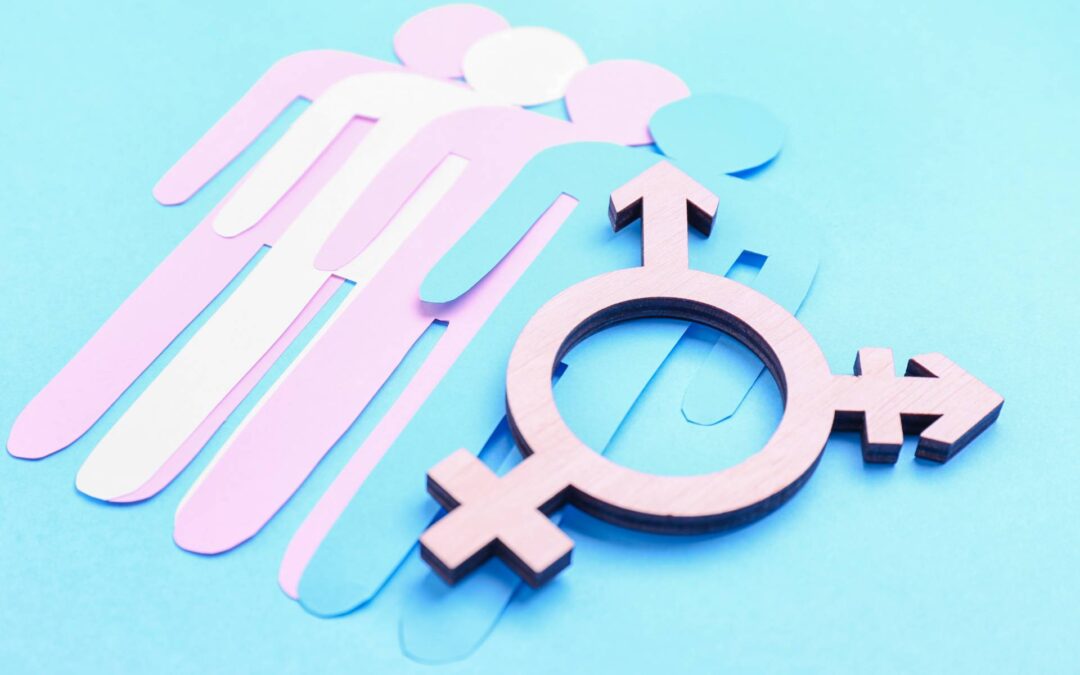No matter if you’re 100% sure of your gender identity or still exploring it, having a safe space to process thoughts about your gender identity with an affirming mental health professional is very helpful. This blog will mainly be geared towards what gender affirming psychotherapy looks like for people exploring their gender identity. Gender affirming psychotherapy for people in this situation includes the following things, but are certainly not limited to them:
- The therapist aids the client in helping them process their gender dysphoria while also aiding the client in discerning ways to reduce dysphoria as much as possible.
- Labels are not a must by any means, but many LGBTQIA+ resonate with certain labels and find them helpful and authentic! Sometimes while exploring their gender identity, a client will want their therapist to help them process which label(s) are most affirming for them.
- An important disclaimer to #3: you don’t owe anyone an explanation for your gender identity and you get to decide who you come out to. If the client is wanting to come out to people, the therapist will aid the client in processing when/how/who to come out to. Sometimes the therapist and client will decide to bring certain people into session so the client feels safer and more comfortable coming out to them.
- The therapist helps the client process/navigate anti-LGBTQIA+ rhetoric and aids the client in creating/implementing boundaries with non-affirming people.
- Oftentimes, non-cisgender people have prior distressing memories relating to being judged or discriminated against for their LGBTQIA+ identity. For many, this comes in the form of things said to them by family members, spiritual leaders, etc. With clients like this, the therapist will often utilize an evidence-based trauma processing modality, such as EMDR/Brainspotting. This helps the client “get past the past” in many ways. EMDR in particular is very helpful in reducing the distressing nature of a memory while also significantly reducing the symptoms associated with a memory (or set of memories) in the present, such as flashbacks.
- One of the most important parts of successfully living a gender-euphoric life is having a supportive community. Oftentimes, therapists will help clients process how to create a week-to-week with more affirming people in their life. Oftentimes, this can come in the form of a client working with their therapist to find a group therapy setting geared towards LGBTQIA+ individuals. Many individuals attend group therapy alongside individual therapy for a period of time.
I want to spend a few brief moments in this blog touching on the first thing I listed: processing/reducing gender dysphoria. This can come in many forms, which includes but is not limited to:
- The therapist aiding the client in processing which pronouns feel most authentic to them day to day and week to week. Sometimes clients experience fluidity with this, and some don’t. There is no right answer- it’s all about what feels authentic for the client.
- The therapist aiding the client in processing bodily dysphoria and how to reduce it. Reducing bodily gender dysphoria can come in many forms, which includes expressing oneself with certain clothing, hormone replacement therapy, and voice training. Psychotherapists do not prescribe medications in Tennessee, nor are they equipped/trained to conduct voice training- but they can refer a client to the proper resources.
Please remember this brief blog is not comprehensive and is for educational purposes only. It is not a substitute for psychotherapy with a master’s level clinician or a fully licensed clinician. If you are looking for LGBTQIA+ affirming psychotherapy, give our office a call today!

